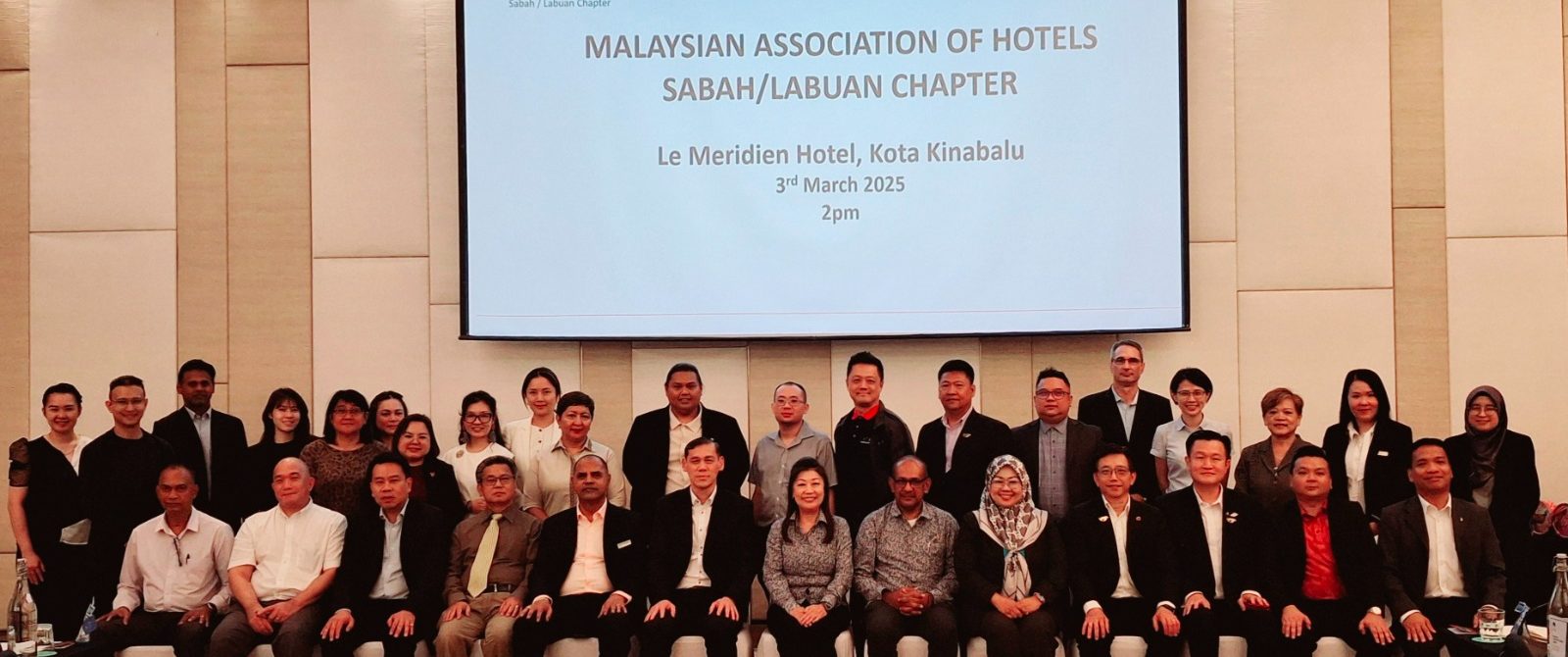As we step into 2025, the hospitality industry in Malaysia stands at a critical juncture. The sector, an essential pillar of the nation’s economy, faces several unresolved challenges that require immediate attention. Without addressing these issues, Malaysia risks compromising its potential, especially with the highly anticipated Visit Malaysia Year (VMY) 2026 just around the corner. It is vital for all stakeholders—government, industry leaders, and local businesses—to unite and take decisive actions that will protect and strengthen the industry.
One of the key issues that remains unresolved is the unregulated growth of Short-Term Rental Accommodations (STRA). Platforms such as Airbnb have rapidly expanded, but without proper regulations in place, this has led to an uneven playing field for traditional, licensed accommodation providers. The absence of a clear regulatory framework has resulted in unfair competition and raised concerns about safety and quality control. Licensed hotels and guesthouses face challenges in competing with STRA providers who often operate outside the purview of local regulations. As the tourism sector continues to grow, the government must prioritize the creation of robust regulations to level the playing field and preserve the integrity of Malaysia’s hospitality offerings.
Another significant issue is the unregulated operation of Online Travel Agencies (OTAs). These platforms, while essential in the digital era, often lack transparency in their operations, imposing high commission fees on local businesses. This not only affects the profitability of accommodation providers but also creates an imbalance in market dynamics, leaving local players vulnerable to exploitation. The lack of clear regulations governing OTAs means that local businesses have little recourse against unfair practices, and this can undermine their sustainability in the long term. The government must ensure that these platforms operate within a regulated framework that promotes fairness and protects the interests of local businesses.
A less talked about but equally important issue is the lack of a unified music royalty collection system. The hospitality sector, particularly hotels, resorts, and entertainment venues, relies on music as part of the guest experience. However, the absence of a streamlined and unified system for collecting royalties from music usage creates administrative complexities and additional costs for operators. Implementing a single, efficient collection system will benefit both the industry and artists, ensuring fair compensation while reducing the financial burden on hospitality providers.
Tourism taxes remain a contentious issue, particularly with the current method of collection. At present, tourism taxes are primarily collected through hotels, which places an unnecessary burden on operators. Moreover, this method fails to capture revenue from tourists who opt for non-hotel accommodations, such as STRAs. A more efficient and equitable approach would be to collect these taxes at the country’s entry or exit points, ensuring all travelers contribute to the tourism tax pool. This would alleviate the administrative burden on hotels and ensure that all visitors, regardless of where they stay, contribute fairly to the country’s tourism infrastructure.
As we approach Visit Malaysia Year 2026, it is crucial that the government takes immediate steps to address these long-standing issues. Without proper regulation of STRAs, OTAs, and royalty collections, Malaysia’s hospitality industry will continue to face an uphill battle. To safeguard the integrity of the VMY 2026 campaign and ensure its success, the focus must be on promoting only registered and licensed service and accommodation providers. By doing so, the government can ensure that the campaign’s impact is maximized, providing genuine benefits to local businesses and generating substantial revenue for the national economy.
It is clear that the future of Malaysia’s hospitality industry depends on collective action from all stakeholders. The government must prioritize these issues and implement necessary reforms to ensure a fair, transparent, and competitive market for accommodation providers. By creating clear regulations, streamlining tax collection systems, and protecting the rights of local businesses, Malaysia can continue to position itself as a premier tourist destination.









